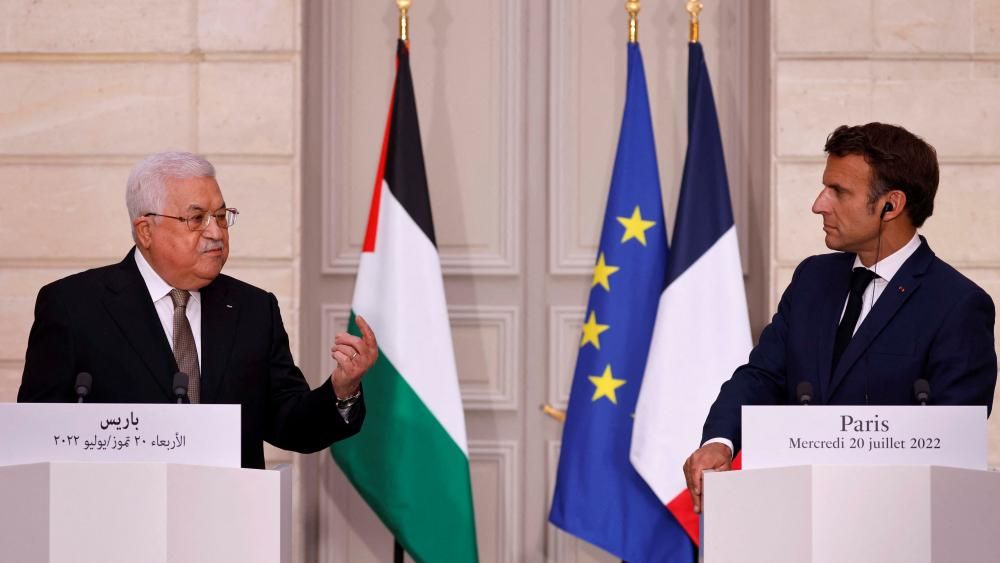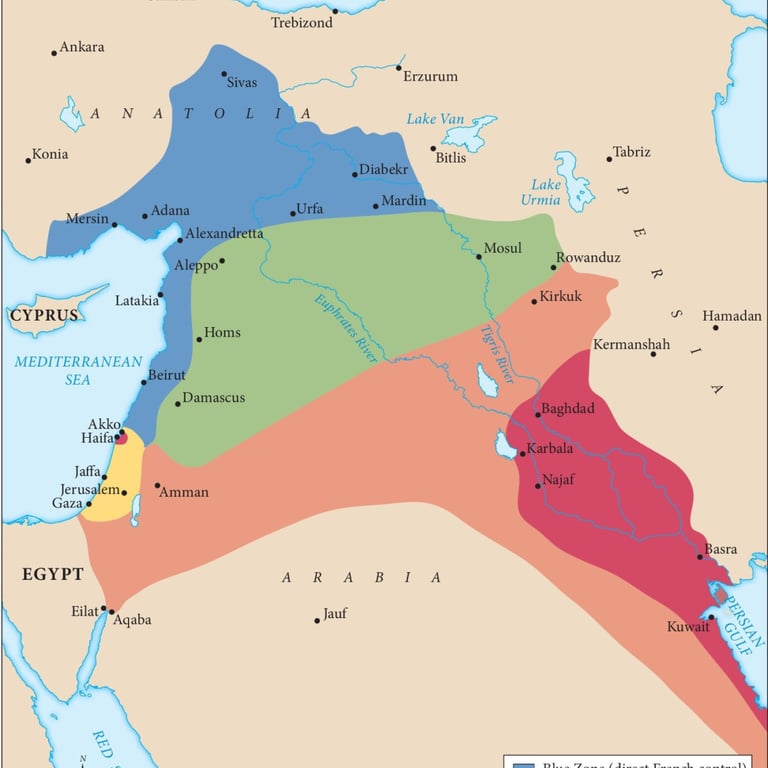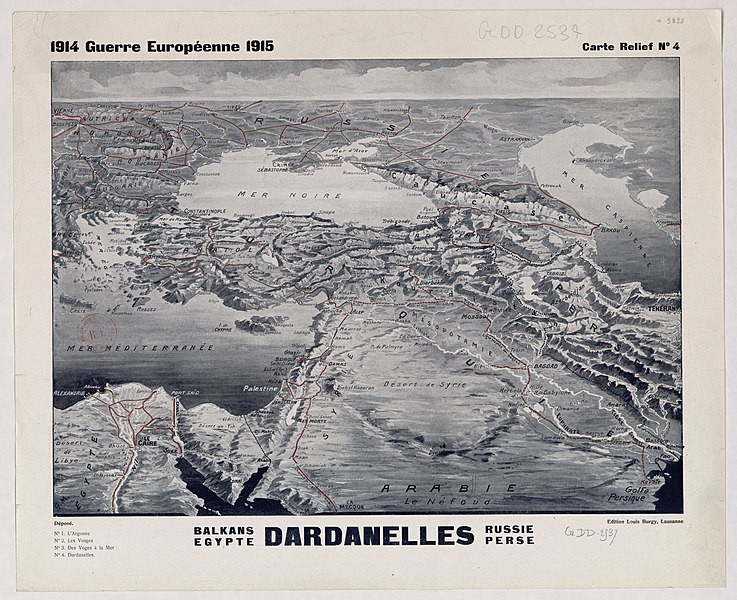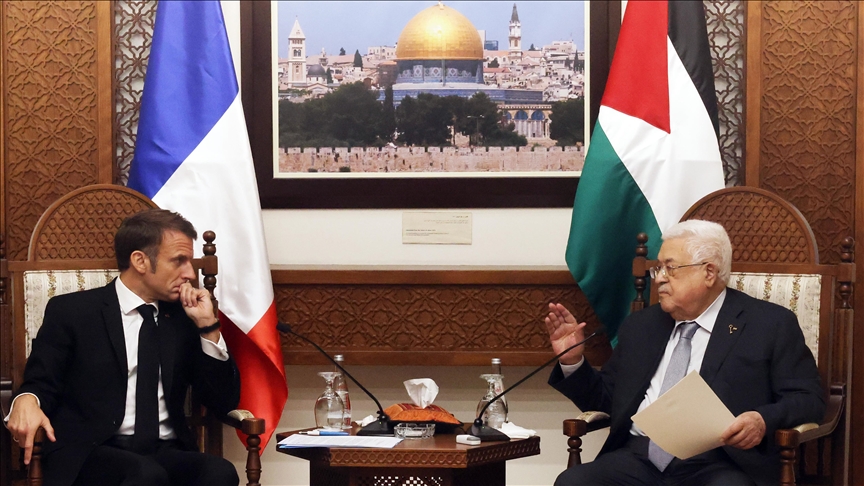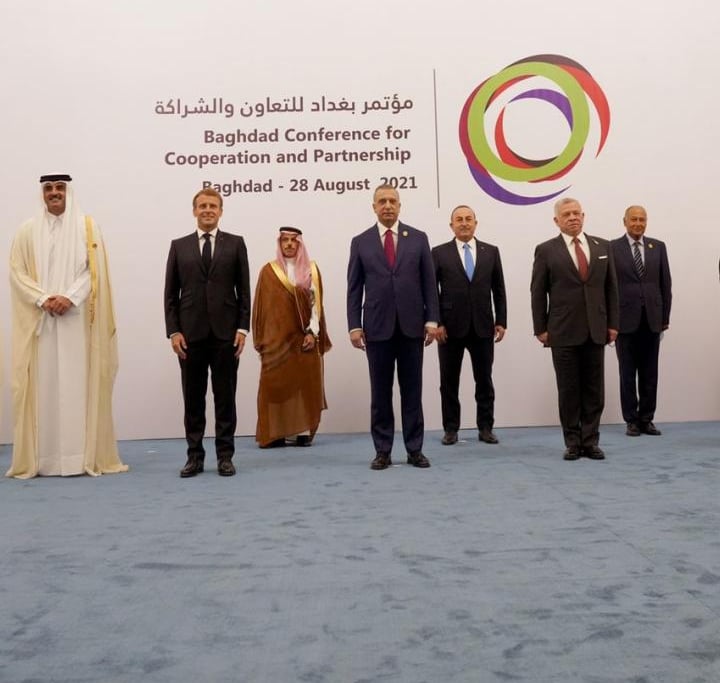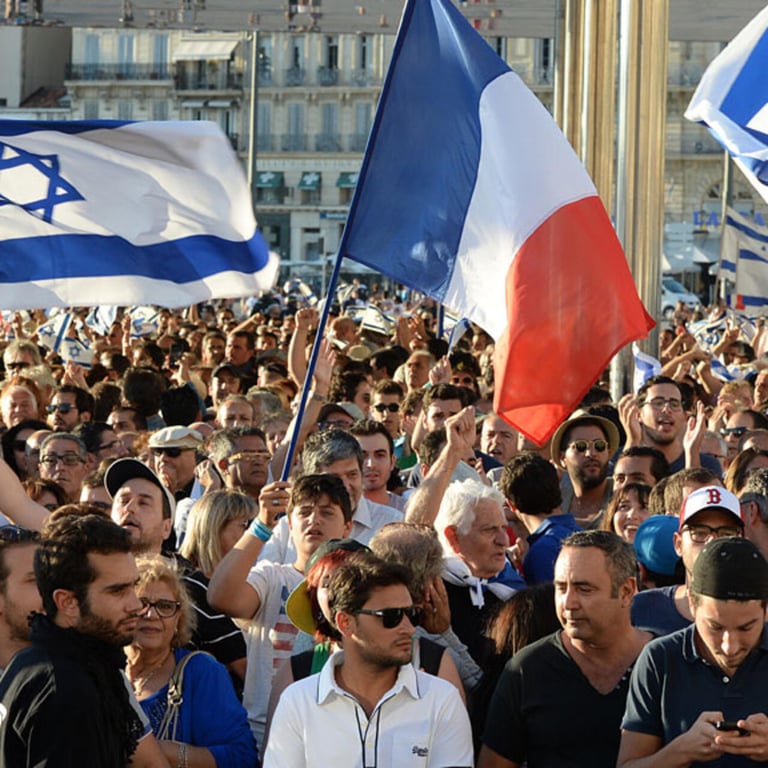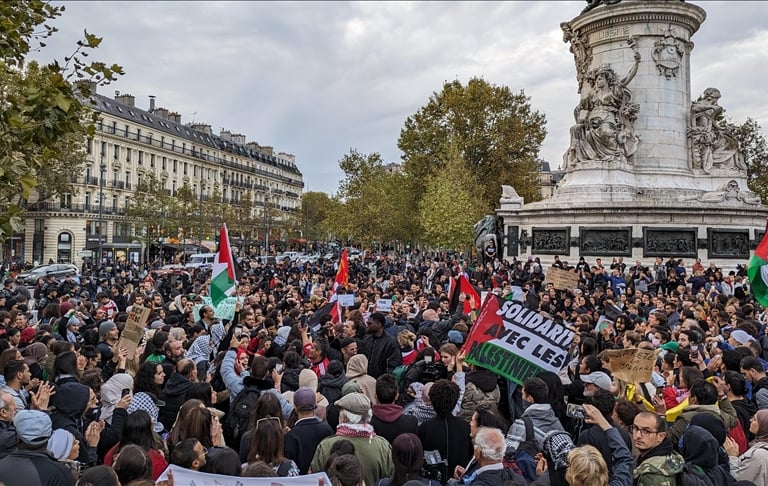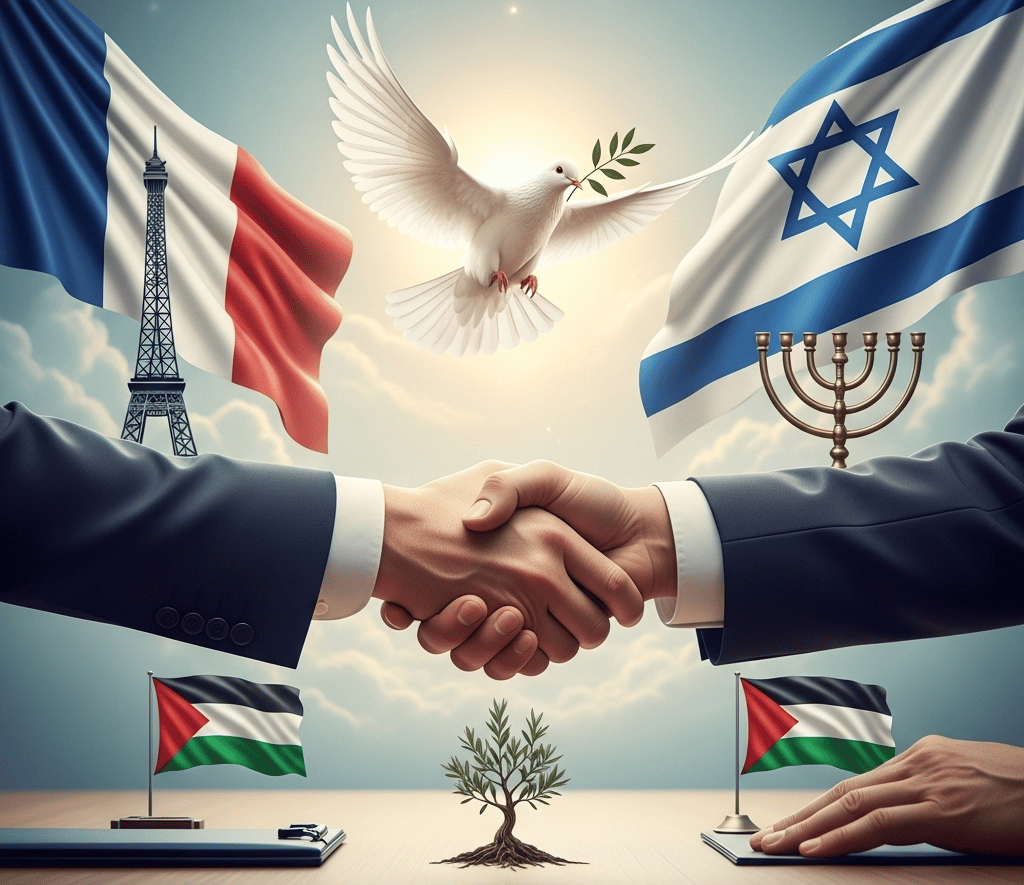France’s Role in the Israeli-Palestinian Conflict: History, Policy, and Implications
Explore France’s historical ties, strategic policies, and diplomatic efforts in the Israeli-Palestinian conflict. Understand the motivations, domestic influences, and global implications of France’s engagement in this complex issue.
Qasim Ali
8/16/20254 دقيقة قراءة
Historical Context: France’s Roots in the Middle East
France’s involvement in the Israeli-Palestinian conflict traces back to its historical and colonial influence in the Middle East.
Colonial Legacy and the Sykes-Picot Agreement
France’s Middle East influence began with the 1916 Sykes-Picot Agreement, which divided Ottoman territories between France and Britain. France gained control over Syria and Lebanon, establishing a foothold in the region.
Although Britain held the Palestine Mandate, France’s regional presence shaped its interest in the broader Arab world, including the Israeli-Palestinian issue.
Post-WWII Shifts and the Suez Crisis
After World War II, France supported Israel’s establishment in 1948, driven by Holocaust guilt and a desire to counter British influence. It became a key arms supplier to Israel in the 1950s and 1960s.
The 1956 Suez Crisis saw France, Israel, and the UK collaborate against Egypt, highlighting France’s early alignment with Israel.
Under Charles de Gaulle, France pivoted after the 1967 Six-Day War, criticizing Israel’s occupation of Palestinian territories and fostering closer ties with Arab states.
Cultural and Religious Ties
France’s historical role as a “protector” of Christian communities in the Ottoman Empire, particularly in Jerusalem and Lebanon, ties it to the Holy Land.
With Europe’s largest Jewish (approximately 450,000) and Muslim (5-6 million) populations, domestic advocacy influences France’s foreign policy.
France’s Policy on the Israeli-Palestinian Conflict
France’s policies reflect a commitment to international law, a two-state solution, and a balanced approach to both Israeli and Palestinian interests.
Advocacy for a Two-State Solution
France consistently supports a two-state solution, advocating for a Palestinian state alongside Israel based on pre-1967 borders. This aligns with UN Security Council Resolution 242 (1967), which calls for Israeli withdrawal from occupied territories.
In 2012, France voted to recognize Palestine as a non-member observer state at the UN and has since pushed for its full membership.
Criticism of Israeli Settlements
France condemns Israeli settlement expansion in the West Bank and East Jerusalem, viewing it as a violation of international law and an obstacle to peace.
In 2016, France hosted the Paris Peace Conference to revive negotiations, though it faced challenges due to limited US support and regional skepticism.
Balanced Approach to Violence
France condemns Palestinian violence, such as rocket attacks and terrorism, while urging Israel to exercise restraint in its military operations.
This balanced stance aims to uphold human rights and security for both sides, though it sometimes draws criticism from both parties.
Diplomatic Initiatives
France leverages its UN Security Council seat to propose resolutions and mediate dialogue. The 2016 Paris conference is a notable example, though it yielded limited results.
France aligns with EU policies, such as labeling products from Israeli settlements and restricting funding to entities beyond Israel’s 1967 borders.
Geopolitical and Economic Interests
France’s engagement strengthens its ties with Arab states, critical for energy, trade, and counterterrorism.
Arms deals and economic partnerships with both Israel and Arab nations incentivize France to remain active in regional diplomacy.
Why France Engages: Strategic and Domestic Drivers
France’s involvement is driven by a mix of global ambitions, domestic pressures, and regional stability concerns.
Global Power Status
As a permanent UN Security Council member, France seeks to assert its influence in global conflicts. Engagement in the Israeli-Palestinian issue enhances its diplomatic clout.
France positions itself as a mediator, often stepping in where other powers, like the US, face challenges due to perceived bias.
Domestic Political Pressures
France’s large Jewish and Muslim populations shape its foreign policy. Political parties must navigate these communities’ sensitivities, especially during elections.
Anti-Semitism and Islamophobia, often linked to Middle East tensions, push France to address the conflict to mitigate domestic unrest.
European Union Leadership
France aims to lead EU foreign policy on the Middle East, often taking a more assertive stance than other member states.
Its support for EU policies, like settlement product labeling, reinforces its commitment to international law.
Counterterrorism and Regional Stability
The Israeli-Palestinian conflict fuels regional instability, which can spill into Europe through terrorism or migration. France, having faced terror attacks linked to Middle Eastern conflicts, sees resolution as critical to its security.
Implications of France’s Engagement
France’s role has far-reaching implications for its diplomacy, domestic cohesion, and regional dynamics.
Diplomatic Influence
France’s balanced approach enhances its soft power but risks alienating Israel or Arab states if perceived as biased.
Initiatives like the 2016 Paris conference highlight France’s ambition but also its limited ability to drive progress without broader international support.
Domestic Impact
France’s policies can exacerbate domestic tensions, particularly during pro-Palestinian or pro-Israeli protests. For example, 2014 protests in France over Gaza violence led to clashes and accusations of anti-Semitism.
The government’s stance influences relations with Jewish and Muslim communities, shaping social cohesion and electoral dynamics.
Regional Dynamics
France’s criticism of Israeli settlements strains relations with Israel, particularly under right-wing governments.
Its support for Palestinian statehood strengthens ties with Arab states but complicates relations with the US, which often aligns more closely with Israel.
Global Precedent
France’s advocacy for international law and a two-state solution reinforces norms around sovereignty and self-determination.
However, its limited success highlights the challenges of multilateral diplomacy in entrenched conflicts.
Conclusion: France’s Complex Role
France’s engagement in the Israeli-Palestinian conflict reflects its historical ties, global ambitions, and domestic realities. By advocating for a two-state solution and balancing criticism of both sides, France seeks to promote regional stability and maintain its diplomatic influence. However, the conflict’s complexity, competing international agendas, and domestic sensitivities limit its impact. As France continues to navigate this challenging issue, its role underscores the delicate balance between principle and pragmatism in global diplomacy.
Call to Action: Stay informed on France’s role in global conflicts by following reputable sources like Reuters, BBC News, or Al Jazeera. Share your thoughts on France’s approach in the comments below!
References:
Reuters: Coverage on France’s Middle East diplomacy
BBC News: Articles on the 2016 Paris Peace Conference
Al Jazeera: Reports on France’s stance on Palestinian statehood
United Nations: UNSC Resolution 242 and Palestine’s UN status
Why France Engages in the Israeli-Palestinian Conflict: History, Policy, and Implications
France’s role in the Israeli-Palestinian conflict is shaped by historical ties, geopolitical ambitions, and domestic pressures. This blog post explores the reasons behind France’s involvement, its evolving policies, and the broader implications for its diplomacy and regional influence. With a rich colonial past, a commitment to international law, and a diverse population, France’s engagement is both strategic and complex.
